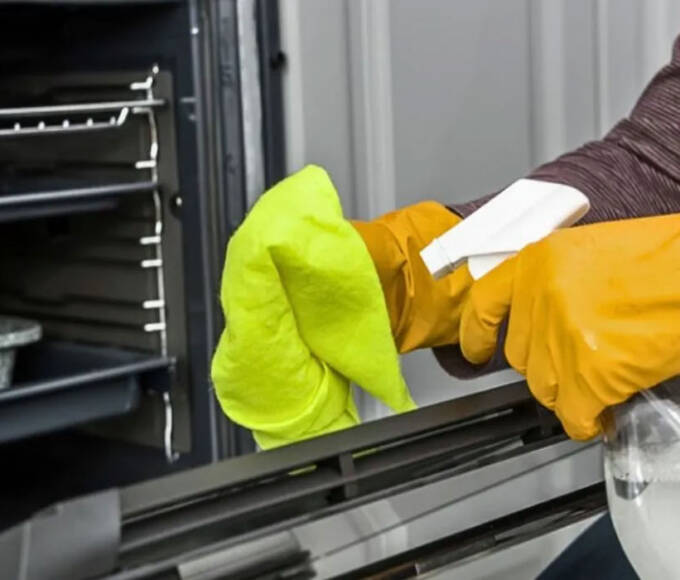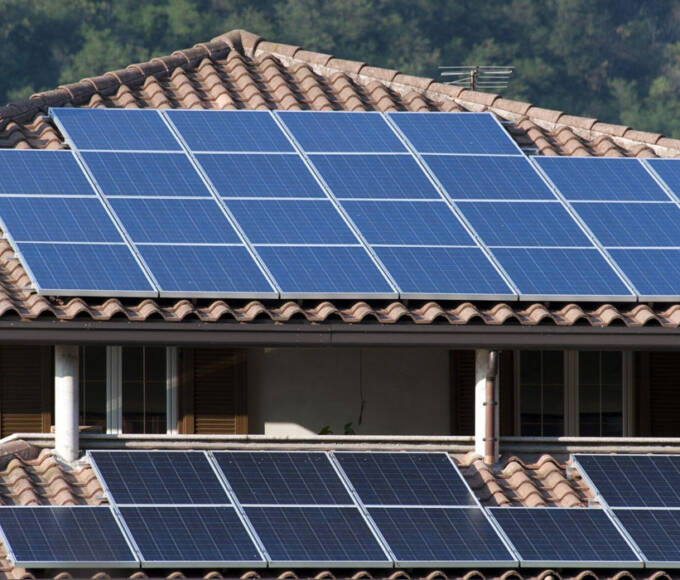The refrigerator is one of the most crucial appliances in a home. Acting as the guardian of our food, it ensures items remain fresh and safe for consumption. However, like any other appliance, refrigerators can show signs of wear and tear, and recognizing them early can prevent more extensive damage and costs. This article will walk you through five tell-tale signs that your fridge might need some professional attention from an appliance repair expert like All European Appliance Repair but in your area.
The Life Cycle of a Refrigerator
Most refrigerators have an average lifespan of 10 to 25 years, depending on the brand, model, and maintenance habits of the owner. While that might sound like a long time, regular maintenance can ensure you get the most out of your appliance’s lifespan, making it a worthy investment.
Sign 1: Unusual Noises
Every refrigerator has its hum – a sign that it’s working. Yet, if your fridge starts making strange noises like buzzing, rattling, or sudden loud pops, it’s not just trying to communicate. These sounds could indicate issues with its internal components. A malfunctioning compressor, a defective fan, or even loose components might be the culprits. So, if your once-quiet fridge begins sounding like a rock band, it’s time to call in the experts.
Sign 2: Food Spoiling Faster Than Usual
We trust our refrigerators to keep our food fresh, so it’s a definite red flag when you find yourself tossing out spoilt milk or wilted veggies earlier than expected. This premature spoilage can stem from fluctuating internal temperatures due to a malfunctioning thermostat. It leads to wasted food (and money), and consuming spoiled items can pose health risks.
Sign 3: Excessive Condensation
A little bit of condensation inside your fridge, especially during humid days, can be expected. However, if you’re constantly wiping away puddles or notice the exterior “sweating,” it’s a sign of trouble. The most common culprits are faulty door seals, allowing warm air to enter, or issues with temperature regulation. Ignoring this can lead to mold growth, which is harmful to both your food and your health.
Sign 4: The Freezer is Over-Freezing
A frosty freezer might seem good, but there’s a limit. If your freezer looks like it’s been hit by a snowstorm, with thick frost build-up or large sheets of ice, it’s a sign of over-freezing. This could be due to a faulty freezer fan, a malfunctioning defrost system, or issues with the thermostat. Besides being a nuisance, this can also reduce your freezer’s efficiency and increase energy bills.
Sign 5: The Motor is Running Hot
The motor is your refrigerator’s heart, pumping to keep everything cool. But if the space between the fridge and the wall feels warmer than usual, especially at the back, you might be dealing with an overheating motor. This could be because the motor is overworking to compensate for another malfunctioning part or due to dust and debris buildup near the coils. This overheating not only increases energy consumption but also poses a fire risk in severe cases.
The Consequences of Delayed Repairs
Postponing repairs might seem economical in the short run, but it comes with consequences:
- Economic Implications: A malfunctioning refrigerator consumes more power, leading to higher electricity bills.
- Safety Implications: An overheating motor or spoilt food consumption can have dire consequences, including the risk of fires or food poisoning.
- Longevity Implications: Ignoring small problems can lead to bigger issues, ultimately reducing your appliance’s lifespan and leading to premature replacement costs.
Proactive Measures and Regular Maintenance
While it’s crucial to recognize signs of trouble, refrigerator maintenance is always better than a cure:
- Regular Cleaning: Ensuring the dust-free coils can increase efficiency and reduce overheating risks.
- Door Seal Checks: Periodically inspecting the door seals for cracks or gaps can prevent unwanted warm air from entering, preserving the internal temperature.
- Optimal Positioning: Place your refrigerator away from direct sunlight or heat sources and ensure adequate space at the back for ventilation.
Conclusion
Our refrigerators play a silent yet vital role in our daily lives. Recognizing the early signs of malfunction can save you money, ensure the safety of your food, and extend the appliance’s lifespan. So, the next time your fridge hums a different tune or feels unusually warm, remember the signs and seek professional help. Your refrigerator, your food, and your wallet will thank you.








